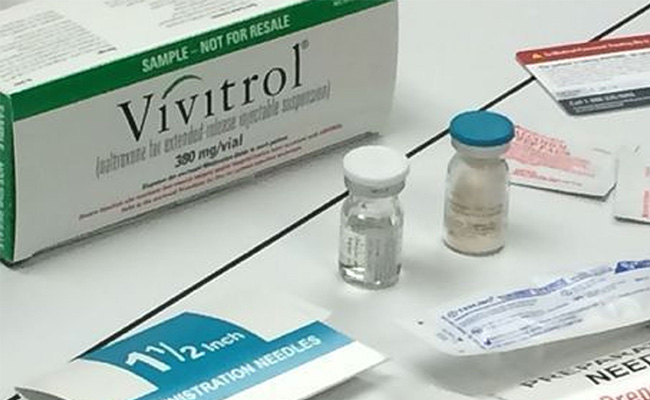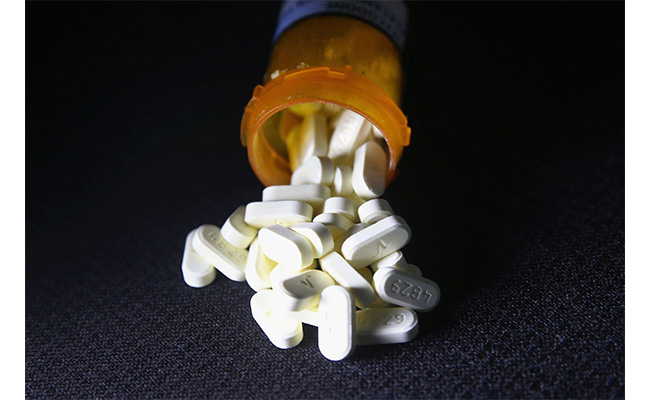Loot Boxes Gambling Addiction. Is Your Child A Gambling Addict?
What are Loot Boxes?
Loot boxes are a relatively new phenomena that are associated with video games. Loot boxes are digital grab bags that cause players to spend real money or in game currency to gain gifts for the game. The trick comes in the fact that you never know what is in the loot box. The game randomly places different types of rewards inside each box. While the actual theory behind the loot box is not new, the term is as are the featured items. Many times players can earn avatars, costumes, cosmetic items, and even voice lines for their characters. The loot boxes do not necessarily give items for the character you are using. Free loot boxes may be handed out for leveling up. However for those who choose to spend money, items can be collected faster.
While mobile games have contained similar items for some time, loot boxes add to the fun of game play through micro purchases. These loot boxes are becoming more familiar in PC and console games. Some of the more popular games with current loot boxes are Overwatch, Star Wars Battlefront II, Gears of War 4, and even Halo 5.
Gamer Issues with Loot Boxes
Some gamers equate loot boxes gambling addiction to gambling on poker machines. When you open them up, you may get something useful that you want or something unwanted and unnecessary. This is a little different from gambling, as you do always get something. This does however mean that players may have to spend more money, digital or otherwise to get to the items they want. The argument for some is that you are paying to play or paying for items that should already be in the game. Even though the transactions are often small, this is a way for game publishers to make money.
Loot Boxes Gambling Addiction

If a child is addicted to a game and wishes to become the highest level player or gain the most points, buying loot boxes may become more appealing. This is reinforced by the joy of leveling up. They can feel a sense of obligation to other players, or even just to further escape into a fantasy world. Gamers can even feel a strong sense of belonging to the online community. Making them want to rise up in that community through extras.
Help for Your Gamer
If you feel your teen or child has gaming addiction then seek help. This may mean limiting or cutting out screen time for your child and seeking professional help to deal with the symptoms your child is displaying. It may seem that gaming is not a true addiction, but it is very real and can keep your child from interacting and even cause withdrawal symptoms if they have to stop without warning. If your child needs help or you think a problem exists then don’t wait, seek help right away.
CLICK HERE to get a Free Confidential Addiction Rehabilitation Assessment.


















